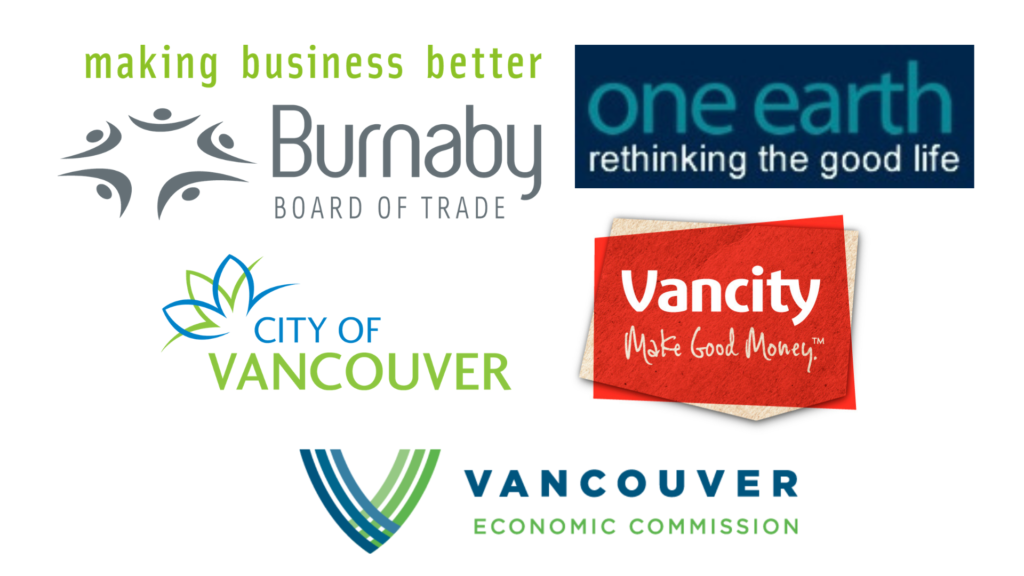
Summer 2021 | Lab 4: Climate Adaptation
What is Climate Adaptation and why is it important to Metro Vancouver?
Climate impacts are becoming an increasingly urgent reality.
Wildfires throughout BC (and around the globe) are happening more frequently and are becoming more extreme.
The risk of flooding and sea level rise is of concern in low-lying coastal areas throughout Metro Vancouver.
The social implications of climate change are more prevalent and visible than before, and the impacts of climate change are not felt evenly across our society and have to be examined with a lens on race, class and gender.
And as former UN Chief Ban Ki-moon once said, “We are the last generation that can change the course of climate change, and we are the first generation that then has to live with the consequences.”
Climate adaptation measures look to reduce the vulnerability to the effects of climate change. To adapt to climate change is to acknowledge that there is no going back, only forward. We must seek to find a balance in our relationship to the earth that centres health, equity and resilience at the forefront of these conversations. Climate adaptation happens in cycles; we PLAN > ACT > OBSERVE & LEARN while simultaneously ADJUSTING along the way.
Since these declarations are largely symbolic, we ask:
- Who is missing from conversations around climate adaptation and how do we embed a strong equity lens within this work? How can we centre those who are most impacted as we design solutions
- What opportunities are there for environmental, economic and social interventions when we think about climate adaptation?
- How can youth voice their concerns and meaningfully engage with local governments to put forth innovations that create change at the local level?
- What opportunities are there to develop climate adaptation plans that are responsive to ecological, social and economic needs in realms like health and food systems?
These questions drove the theme of our fourth Envirolab cohort, where we explored the challenges and opportunities for cities across Metro Vancouver to proactively work with youth to think creatively about ways we adapt our ecological, social and economic systems. By learning with local knowledge keepers and from experts in the fields of food systems, local governance, economics, sea-level rise, community engagement, landscape and ecological restoration, and more, participants were equipped to design projects, actions, and/or products that addressed the urgency of our community to rethink and refocus what it means to develop climate adaptation initiatives.
CityHive would like to thank our Steering Committee partners for their support and guidance.
SESSION DATES
The 13 sessions were hosted over 11 weeks beginning May 20th through July 29th virtually on Tuesday evenings between 6-9pm and occasional Thursday evenings between 6-8pm PST:
Session 1: Welcome Night – May 20th
Session 2: Deep Dive – May 25th
Session 3: Deep Dive – June 1st
Session 4: Addressing the Problem Space – June 8
Session 5: Building your Vision & Solution Building: Jule 10
Session 6: Ideating – June 15
Session 7: What’s your impact? – June 22
Session 8: Mentor Night – June 24
Session 9: Project Framework – June 29
Session 10: Defining Your Success – July 6
Session 11: Pitching your work – July 13
Session 12: Practice Pitch Night – July 20
Session 13: Peer Feedback Night – July 22
Final Community Event 1: July 27
Final Community Event 2: July 29th
ENVIROLAB PROGRAM STRUCTURE
With generous support from the Lawson Foundation and Vancity Community Foundation, CityHive is hosting 5 labs in the span of 3 years between 2019-2021. The first lab in Fall 2019 focused on Lighter Footprint, and the second lab in Spring 2020 on Climate Emergency. As our team at CityHive adapts to the COVID-19 pandemic, these sessions for lab 3 will be hosted virtually until further notice.
Our Envirolab themes have been developed and selected with great support and insight from our Steering Committee partners. The themes represent some of the most relevant and pressing environmental gaps, opportunities and challenges existing within Metro Vancouver.
STEERING COMMITEE

PARTNERS
This program wouldn’t be possible without the generous support of:

